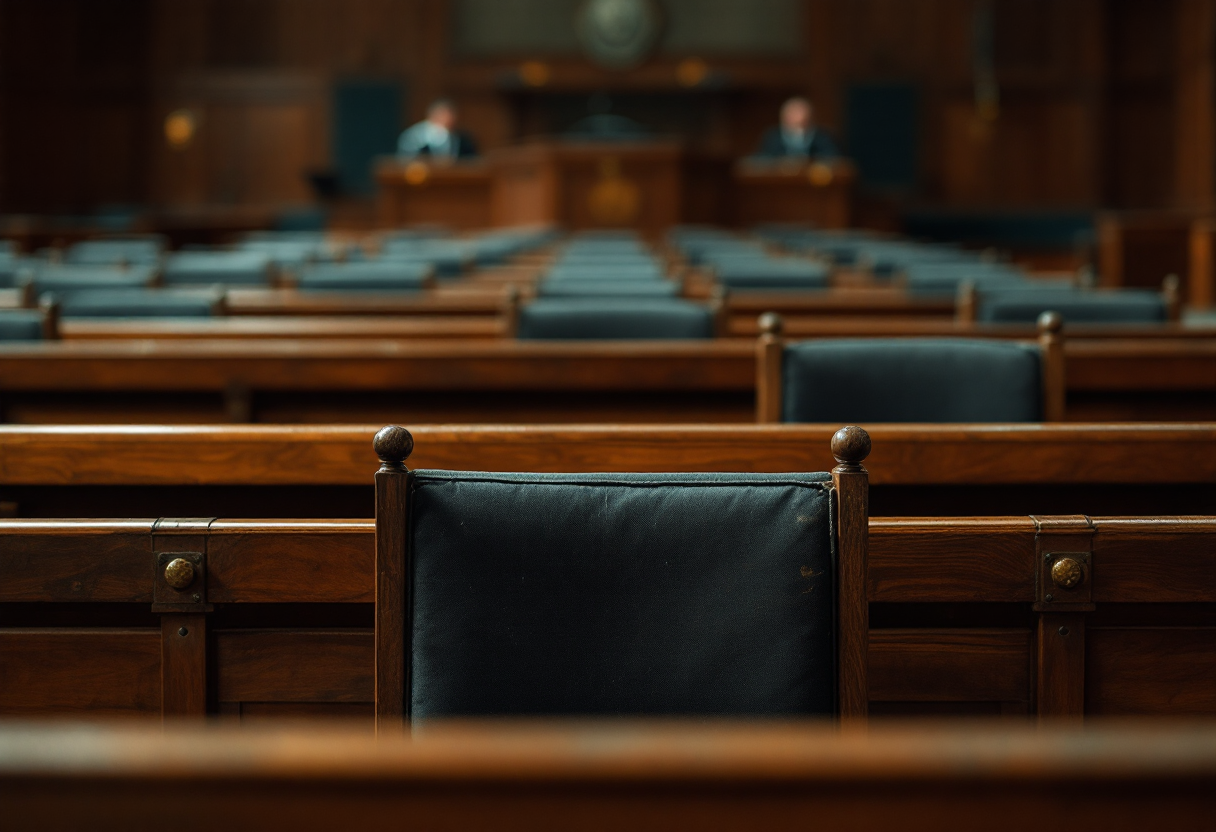Table of Contents
Understanding the allegations
The recent allegations against Jay-Z, stemming from a lawsuit filed by an unnamed woman, have sparked significant media attention. The woman claims that she was raped by Jay-Z and Sean “Diddy” Combs at an after-party following the 2000 MTV Video Music Awards.
However, as the case unfolds, several inconsistencies have emerged, raising questions about the credibility of the claims. The alleged victim, referred to as ‘Jane Doe’, has admitted to difficulties in recalling key details, which complicates the narrative surrounding the accusations.
Inconsistencies in the narrative
During an interview with NBC News, Jane Doe acknowledged that she may have made mistakes in identifying individuals present at the event. This admission is crucial, as it undermines the foundation of her allegations. For instance, she claimed that her father picked her up after the alleged assault, a detail he has publicly disputed.
Furthermore, she mentioned interactions with a celebrity who, according to reports, was not even in New York at the time of the event. Such discrepancies not only cast doubt on her story but also highlight the complexities involved in recalling traumatic experiences.
The legal implications
Jay-Z has vehemently denied the allegations, labeling the lawsuit as a “false complaint” and a potential attempt at blackmail. His legal team has filed motions to dismiss the case, arguing that the claims lack factual basis.
The ongoing legal battle raises important questions about the justice system’s handling of such serious allegations. As the case progresses, both sides are preparing for a lengthy legal fight, with Jay-Z’s lawyer emphasizing the need for a thorough examination of the claims made against his client.
The outcome of this case could have significant implications not only for the individuals involved but also for the broader conversation surrounding sexual assault allegations in the entertainment industry.




